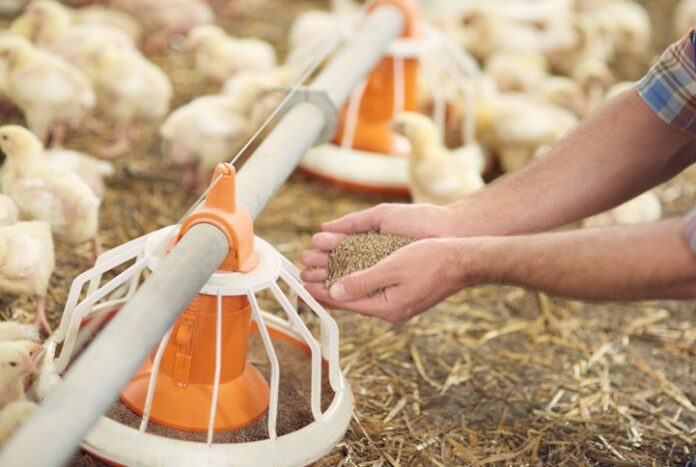ISLAMABAD: As the dust settles from the aftermath of the soybean seeds stuck at Port Qasim in Karachi, the Ministry of Food Security and Research (MoFS&R) has decided to allow and facilitate import of soybean meals.
The months-long saga of the oilseeds stuck at Port Qasim, which had taken a number of ugly turns, had recently been solved with the government making special provisions to release the oilseeds stuck at the port due to bureaucratic red-taping. The issue had stung the poultry and livestock industry quite acutely since the residual material that is left after extracting oil from oilseeds, called ‘meal’, is used to feed poultry and cattle.
According to a reliable source in the ministry, the food department would be issuing import permit and facilitate the import of soybean meals, the major need of poultry industry to meet feed requirement, as an alternative solution to the crisis created after stopping imported oilseed vessels at Karachi port for being Genetically Modified Organism (GMO).
The move is apparently being initiated keeping in view the announcement of countrywide protest on January 5, 2023 by Pakistan Poultry Association against shortage of feed which ultimately caused increase in prices of broiler chicken.
The association’s spokesperson said their members would assemble at Thokar Niaz Baig and stage a protest for the acceptance of their demands. The poultry feed had almost vanished from the local markets because of an unannounced restriction on the import of soybean and other raw material.
An office bearer of the association informed this scribe that the poultry industry is only concerned about the shortage of feed. “We demand the government to allow import of soybean meals, the basic ingredient of poultry feed,” they said.
“We have nothing to do with the import of GMO seeds. What we need is the availability of meals for the poultry industry as cheaper and enough stock of feed can only pave the way for availability of affordable chicken for the masses,” they added.
Soybean meal is the key ingredient of the poultry feed, accounting to around 80 percent of it, and as the country was facing soybean shortage, the feed mills have not been able to meet the demand. As a result the price of a 50 kg chicken feed bag has reached over Rs7,000, with an increase of around Rs2,000 in mere three months, and there was no sign of easing of prices.
Speaking with Profit, Mian Tariq Javed, president Punjab Poultry Farmers Association said if import is allowed with relaxed duty, the issue of shortage of feed can be resolved within 15 days. According to him at least 40 percent duty on import of the meals was imposed in 2018 at the behest of the influential importers of soybean seeds so they can sell both oil and meals in the country from the seed imports.
According to him, the import policy of soybean meals should not carry stiff conditions/restrictions to facilitate only a few influential importers. Traders and poultry farmers have expressed fears that the poultry meat could cross Rs800 per kg from the current Rs 650/kg almost equivalent to the red meat bones included as the live broiler chicken was being sold up to Rs370 per kilogram in Islamabad.
The poultry meat and eggs have witnessed a sharp rise since October 2022, after the customs authorities stopped the release of soybean shipments arriving mostly from the US and Brazil, and till now nine shipments have been stranded at the port.





The only nearby country that can supply soybean meal in a hurry is India.
It certainly looks like the Food Ministry has been objecting to gmo soybeans for the sole purpose of facilitating the poultry feed manufacturers who are desperate to import the meal from India.
bhai me agree krta hn ap k saath, bal k india k saath complete trade krni chahiye